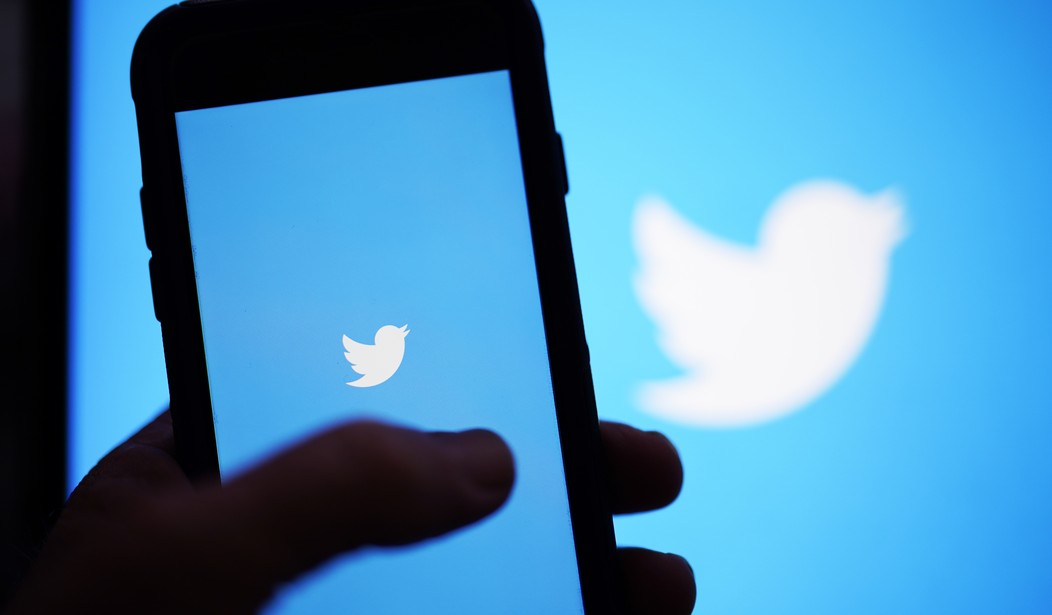Well, it finally happened, as we predicted it would—social media giant Twitter filed suit Tuesday against Elon Musk in the Delaware Court of Chancery after the billionaire walked away from his $44 billion deal to buy the company. In a filed complaint, they wrote:
Having mounted a public spectacle to put Twitter in play, and having proposed and then signed a seller-friendly merger agreement, Musk apparently believes that he — unlike every other party subject to Delaware contract law — is free to change his mind, trash the company, disrupt its operations, destroy stockholder value, and walk away. This repudiation follows a long list of material contractual breaches by Musk that have cast a pall over Twitter and its business.
Musk terminated the mega-deal on July 8, claiming Twitter was not being honest about the number of bots and fake accounts among its user base. He accused Twitter of withholding information that would enable him to correctly value the company. Twitter argues that the excuse is simply a “pretext” and that Musk got cold feet. The company wrote that Musk signed a binding merger agreement, but now “refuses to honor his obligations to Twitter and its stockholders because the deal he signed no longer serves his personal interests.”
We explain bots and their importance here. Meanwhile, Musk tweeted this Tuesday, apparently in response to the lawsuit:
— Elon Musk (@elonmusk) July 11, 2022
CNBC reports:
Twitter said it seeks to stop Musk from further breaches of the agreement and compel him to consummate the merger “upon satisfaction of the few outstanding conditions.”
It is unclear what those outstanding conditions might entail. On Sunday, I wrote about the legal strategies that would come into play should Twitter sue. I included this quote from The New York Times, which opined that Twitter would appear to have the winning hand, but also that Musk would doubtless prove to be a wily opponent:
…Mr. Musk revels in impulsiveness and brinkmanship and is backed by a fleet of top bankers and lawyers. Rather than engaging in a protracted public brawl with the world’s richest man and his legions of die-hard followers, Twitter might come under pressure to find a swift and relatively peaceful resolution — one that could preserve the company’s independence but leave it in a tenuous financial position.
According to Fortune, the entire affair will come down to three words: “Material Adverse Effect.” In other words, Musk must prove that Twitter’s refusal, in his view, to supply adequate information about fake accounts constitutes an adverse effect that didn’t enter into his initial calculations in offering to buy the company. Per Fortune:
To escape the deal, Musk must prove the alleged omission amounts to an “unexpected, fundamental, permanent” negative development—akin to blowing a hole in the transaction that can’t be fixed, said Larry Hamermesh, a University of Pennsylvania law professor.
This is a breaking story, and we’ll continue to update you as developments arise, because it’s sure to get even more interesting.













Join the conversation as a VIP Member